Former parliamentarian Prof. Charitha Herath has called for a more nuanced understanding of emerging political currents in Sri Lanka, urging a move away from outdated ideological binaries and toward a contextual reading of politics rooted in local realities.
Speaking at a recent seminar organized by the Dinana Dakuna collective, Prof. Herath addressed the evolving contours of political spaces in Sri Lanka and globally, noting that conventional Left-Right classifications have increasingly lost their analytical utility.
“In much of today’s global political discourse, the traditional Left-Right divide has lost its relevance. We need to move beyond these binaries if we are to understand the real dynamics shaping our political future,” he said.
He stressed the importance of situating political analysis within concrete socio-historical contexts.
“Politics cannot be understood solely through academic or imported theoretical frameworks,” he said. “We must remain attentive to our ground realities and historical-political conditions. Only then can we meaningfully engage with emerging political trends.”
Prof. Herath also emphasized the enduring centrality of the State in the political and economic life of countries like Sri Lanka.
While many global discourses continue to advocate a minimalist state modeled on Western liberal theory, he warned that such perspectives often fail to resonate with postcolonial contexts.
“In our part of the world, the State is not merely a regulator. It functions as a facilitator, a developer, and, in many cases, the primary customer in the market. Hence, critiques that advocate a minimal state, modeled on Western liberal theory, are often misaligned with local realities,” he said.
The seminar, attended by politicians, academics, political analysts, and members of the civil society, offered a platform to debate the potentials and limitations of new political formations that challenge established ideological narratives.



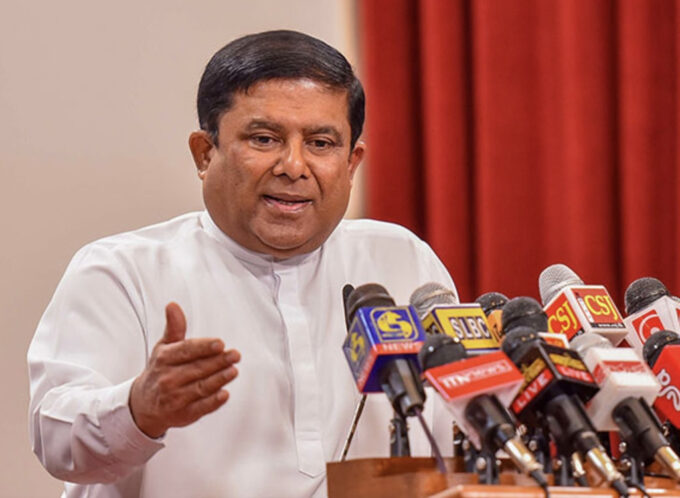


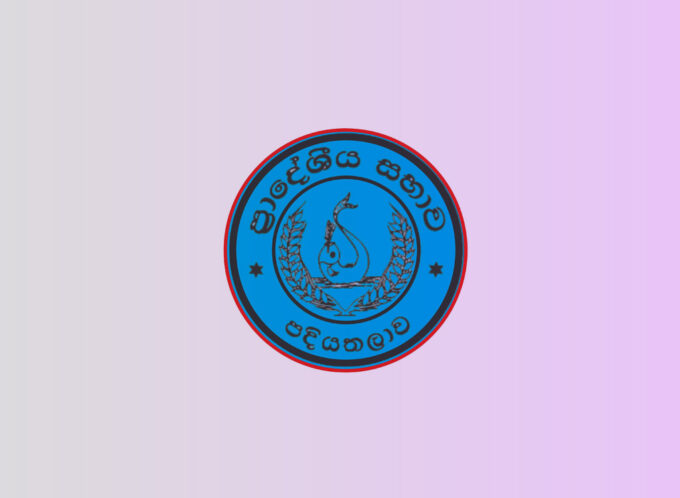

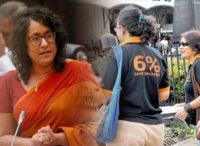
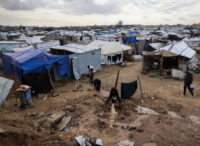
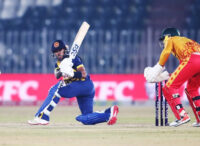
Leave a comment